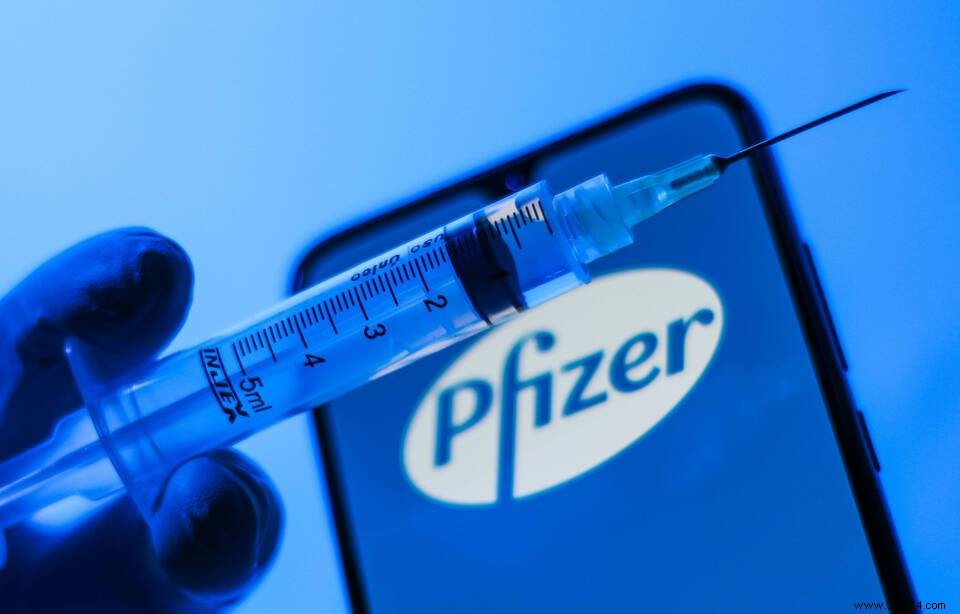As the Covid-19 pandemic continues, preliminary announcements from Pfizer-BioNTech, but also Moderna are a source of hope. The efficacy and apparent relative safety of their messenger RNA vaccines are also paving the way for a revolution in research to fight cancer.
In early November 2020, Pfizer and BioNtech announced the arrival of their messenger RNA vaccine 90% effective against the current coronavirus SARS-CoV-2. It has already been available for a week in the United Kingdom and for a few days in the United States. Pfizer and BioNtech plan to produce 50 million doses before the end of December 2020 and no less than 1.3 billion in 2021. As for Moderna, it is awaiting approval from European authorities on January 12, 2021 for its messenger RNA vaccine.
These vaccines rely on fatty nanoparticle capsules in order to deliver fragments of genetic code in the form of messenger RNA (or mRNA) of SARS-CoV-2 into human cells. Concretely, these "pieces of code" are a genetic extract of the famous spike protein of the virus whereby it attaches to human cells before initiating an infection. Once inside human cells, these genetic extracts are “read” by human cells. These then produce the protein fragment. This is then used to train the immune system to detect and destroy the virus.

In an article published by Bloomberg on December 13, 2020, scientists are already thinking about the future. The applications of messenger RNA could indeed go far beyond the fight against the coronavirus . In the near future, the fight against cancer and other diseases could enter a new era thanks to this type of therapy. And yet, this idea is not new and has been lying around in laboratories for years, even decades. Despite the biological, financial and human obstacles, therefore, it seems that messenger RNA medicine works.
Obviously, everything has accelerated with the current pandemic, since governments have invested billions to fund vast research. And those investments and other resources could multiply. And the fight against the SARS-CoV-2 coronavirus is therefore the first large-scale application of this technique.
Uğur Şahin, CEO of Moderna, explains that he started research on cancer twenty years ago. According to him, the vaccine against the coronavirus is also the result of the exploitation of this work for other purposes. He also claimed that the early cancer treatments based on messenger RNA could see the light of day in two or three years. These could teach the body to fight cancer cells directly, and only those cells. Several results have already emerged, disappointing for treating colorectal cancer, but rather encouraging for head and neck cancers.
However, cancer is not the only type of disease targeted. Other more effective vaccines against the flu, but also treatments targeting certain heart pathologies, cystic fibrosis (genetic disease) or cytomegalovirus could also emerge. In addition, HIV could also be affected. If the greatest hopes are allowed, nothing is won yet and patience will be required.